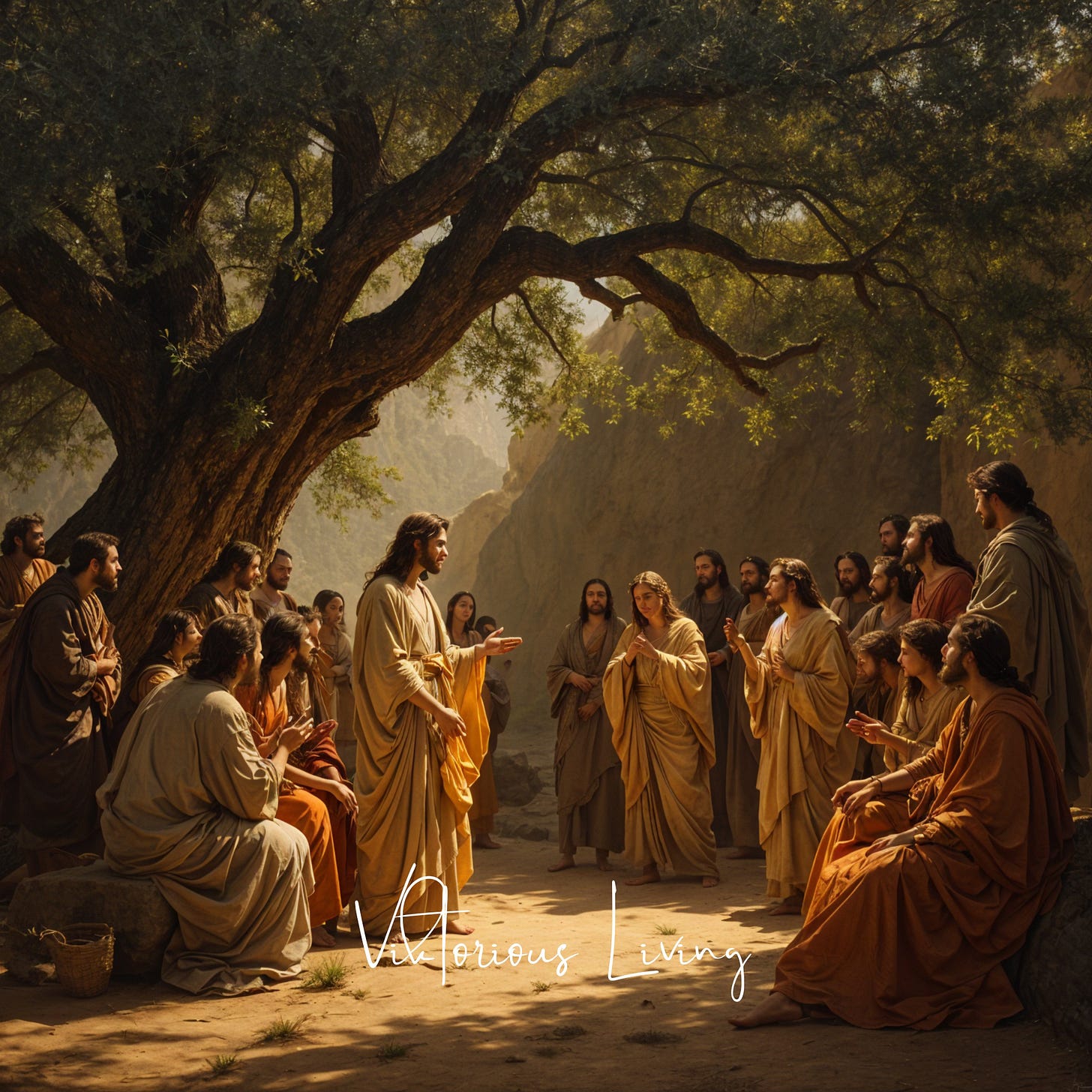Jesus' boundless compassion
Matthew 9:32-38 | 8 July - Tuesday of week 14 in Ordinary Time - Year C (I)
From the Gospel according to Matthew
At that time: Behold, a demon-oppressed man who was mute was brought to Jesus. And when the demon had been cast out, the mute man spoke. And the crowds marvelled, saying, ‘Never was anything like this seen in Israel.’ But the Pharisees said, ‘He casts out demons by the prince of demons.’
And Jesus went throughout all the cities and villages, teaching in their synagogues and proclaiming the gospel of the kingdom and healing every disease and every infirmity. When he saw the crowds, he had compassion for them, because they were harassed and helpless, like sheep without a shepherd. Then he said to his disciples, ‘The harvest is plentiful, but the labourers are few; therefore pray earnestly to the Lord of the harvest to send out labourers into his harvest.’
The Gospel of the Lord.
Praise to You, Lord Jesus Christ.
This paragraph sits within a section where Jesus’ miracles and teachings reveal His authority and compassion. Historically, Jesus’ healing ministry challenged prevailing ideas about illness, spirituality, and the role of religious leaders. The Pharisees’ accusation that He casts out demons “by the prince of demons” shows resistance from religious authorities.
“compassion” (Greek: splagchnizomai) – expressing deep, gut-level empathy
“harassed and helpless, like sheep without a shepherd” – an Old Testament image of vulnerable people needing true leadership
“the harvest is plentiful” – symbolizing spiritual opportunity and urgency
“labourers” – those who respond to God’s call to serve
This passage highlights Jesus’ boundless compassion for the suffering and lost, the reality of spiritual need in the world, and the call for people to join God’s mission of healing and hope. Jesus recognises both the pain around Him and the opportunity for transformation—if only more are willing to step forward as “labourers.”
I often find myself rushing through my daily routines, so focused on my own tasks that I overlook the quiet struggles of those around me. Sometimes, I notice someone withdrawn or burdened, but I hesitate to reach out, unsure of what to say or how to help. Reflecting on this passage, I am struck by Jesus’ ability to truly see people—not just their outward appearance, but their inner pain and longing. He calls us, too, to notice and care for the “sheep without a shepherd” in our midst.
There was a time when a brother-priest confided in me about a personal hardship. Instead of brushing past the moment, I remembered Jesus’ compassion, so I took time to listen and offer support. That simple act of presence made a difference. This experience reminds me that even small gestures can reflect Christ’s love and help others rediscover hope and dignity.
Act: Today, look for one person who seems “harassed or helpless”—offer a word of encouragement, a listening ear, or a simple kindness.
Reflect: Where do I see spiritual or emotional needs around me? How might God be calling me to respond with compassion?
Let us pray: Lord, make me your hands and heart today.
From the sayings of Saint Hannibal Mary Di Francia:
We do everything by being in the presence of God.




